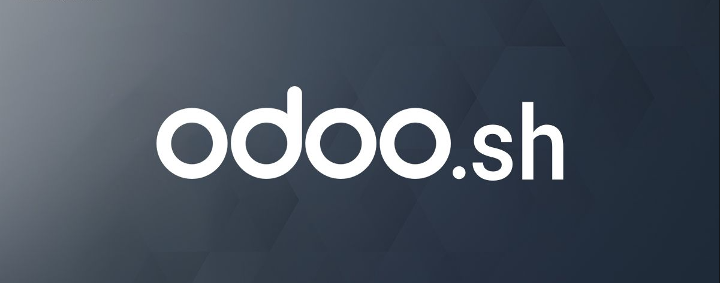
How can you take advantage of the new modules and functionalities of Odoo.sh that OpenERP does not offer?
If you use OpenERP, you could be wondering how to benefit from Odoo.sh, the cloud-based version of Odoo, which has additional modules and functionality. Odoo.sh, which has more than 30 new apps and hundreds of updates since earlier versions, offers an updated, adaptable, and versatile structure to oversee your business operations. With this blog, we'll demonstrate how to use some of the most effective and cutting-edge modules and capabilities of Odoo SH that weren't there in OpenERP.
Tools for Migration
Moving your data and setup from OpenERP to Odoo.sh is one of the first steps to using the new features and modules of Odoo.sh. The Odoo Upgrade System, the Odoo Migration Service, and the Odoo.sh Migration Program are just a few of the tools and services that Odoo offers to assist you in this process. The majority of migration tasks, including data translation, module transfer, code adoption, and testing, can be automated using these tools and services. Yet, with respect to the complexity and level of customization of your OpenERP instance, you could still require some manual intervention and customization.
Website Developer
The website builder in Odoo.sh is another feature you can use to construct and maintain your own website, blog, e-commerce, and landing pages without any programming knowledge. You can simply sync your data and operations across your online and offline channels due to the website builder's integration with other Odoo apps like CRM, Marketing, Sales, Inventory, and Accounting. Moreover, the website builder provides a selection of themes, templates, widgets, and snippets that you can drag and drop to customize the look and feel of your sites.
Studio App
Without writing any code, you can extend and edit your Odoo apps and modules using the Studio app, which is a strong feature. Each Odoo app or module's user interface, data model, workflows, reports, and actions can be changed using the Studio app's graphical editor. Also, you can build brand-new apps and modules from scratch or use pre-existing ones as a starting point. To make it simple to install your changes and extensions on your Odoo SH instance, the Studio app also provides the documentation and source code for them.
IoT Application
With the help of the IoT app, a new module from Odoo, you can connect and control your Internet of Things devices. The IoT app supports a wide range of gadgets and combines them with other Odoo apps and modules including Inventory, Manufacturing, Quality, Maintenance, and Projects. These gadgets include sensors, cameras, scanners, printers, scales, and RFID tags. The IoT app also offers a dashboard and a box where you can manage your devices, set their actions and triggers, and monitor and control them.
Social Media Application
Using your Odoo apps and modules, the Social app helps you manage your social media presence and marketing. By linking your Odoo account to your accounts on Facebook, Twitter, LinkedIn, and Instagram using the Social app, you can submit content, schedule posts, track comments, and evaluate performance all from one location. Additionally, the Social app interfaces with other Odoo apps and modules, including CRM, Marketing, Sales, and Website, allowing you to track conversions, create leads, and calculate the return on investment (ROI) of your social media efforts.
App for live Chat
Using your Odoo apps and modules, the Live chat app is a feature that improves customer service and assistance. You can interact with website visitors and customers in real-time using the live chat app and give them advice, support, and solutions. As a result, you can generate tickets, quotes, invoices, and campaigns from your chat interactions. The Live chat app also interfaces with other Odoo apps and modules, like CRM, Sales, Helpdesk, and Email Marketing.